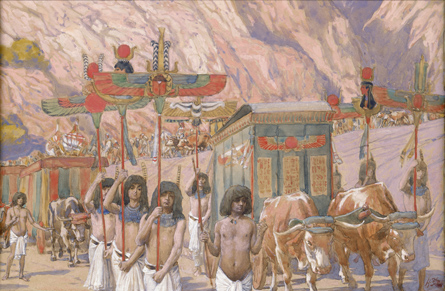There are various interpretations of the special coat that Yaakov made for Yosef, known as the Ketonet Pasim.
According to different sources, the coat was made from premium quality wool, silk dyed red, or separate pieces of cloth in different colors. It had unique features such as a special pattern on the sleeves and a thin, light material that could be folded and hidden in the palm of the hand.
One question discussed is whether Yaakov knew that Yosef was alive and in Egypt. According to some opinions, Yaakov had indications that Yosef was still alive, as he could not forget him completely, contrary to the usual process of slowly forgetting a deceased relative to ease the pain.
Furthermore, there are narratives suggesting that Yaakov had insights into Yosef’s fate. For instance, after the brothers told Yaakov that Yosef had been devoured by a wild animal, Yaakov performed a test with stones and sheaves of wheat, with only Yosef’s stone and sheaf bowing down, indicating a special connection.
Additionally, Yaakov’s actions, such as purchasing land in Schem for Yosef’s future burial before settling in Eretz Yisrael, and teaching Yosef Torah knowledge necessary for survival in Egypt, imply a foreknowledge of events to come.
It is suggested that Yaakov’s refusal to be comforted after the sale of Yosef was due to the tragic sin committed by the brothers, which would have long-lasting repercussions for the nation of Israel.
Parshat HaShavua Trivia Question: Even though Binyamin was not involved in the sale of Yosef, did he know what happened to his brother?
Answer to Last Weekâs Trivia Question: Why did Yaakov backtrack to retrieve “small pots” (Bereishit 32:25)? The Gemara (Chullin 91a) says that tzaddikim value their possessions, even those with little monetary value, as they are given to them by G-d.


